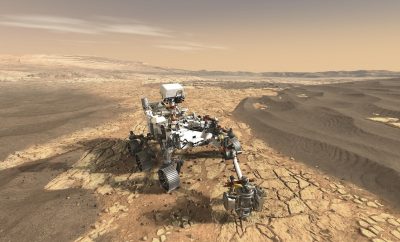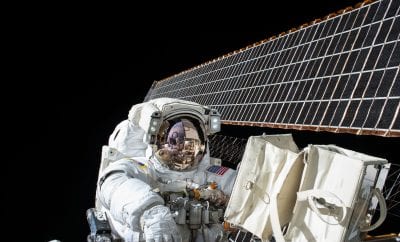
News
Shooting Down an Incoming Asteroid Might be Harder Than We Thought
It’s a tried and true sci-fi plot: a planet-killing asteroid is barreling towards Earth, and a group of scientists are tasked with saving the Earth (we’re looking at you Armageddon). However, the reality of this may be a lot harder than we thought, according to a new study.
Carried out by researchers at John Hopkins, the findings suggest that destroying an incoming asteroid will be considerably more difficult than even the most pessimistic projections we’ve had yet. Using a computer-generated model, researchers were able to accurately predict the behavior of an asteroid upon impact with another object.
While previous estimates found that massive asteroids would be near completely destroyed, new research finds that an asteroid may be able to withstand much more damage and still remain intact.
“We used to believe that the larger the object, the more easily it would break, because bigger objects are more likely to have flaws,” Charles El Mir, lead author of the research, said in a statement. “Our findings, however, show that asteroids are stronger than we used to think and require more energy to be completely shattered.”
One of the proposed methods of deflecting an incoming asteroid outlined in a program called a Double Asteroid Redirection Test, (DART) which would involve a specialized spacecraft traveling at speeds up to 13,420 mph flying straight into an asteroid, with the hopes of knocking it off its trajectory with Earth by destroying it.
However, due to these findings, it’s going to take a lot more energy than we anticipated to destroy an asteroid. An impact of this nature could create craters on the object’s surface, but would do little to break apart the core, rendering the asteroid completely intact, as shown in this animation.
Thankfully, our early detection systems have made us aware of any potential asteroid impacts far in advance, and so far, none have come dangerously close to hitting our planet. However, when the time comes, research from studies like these will prove extremely important in determining our course of action for protecting the Earth.





0 comments